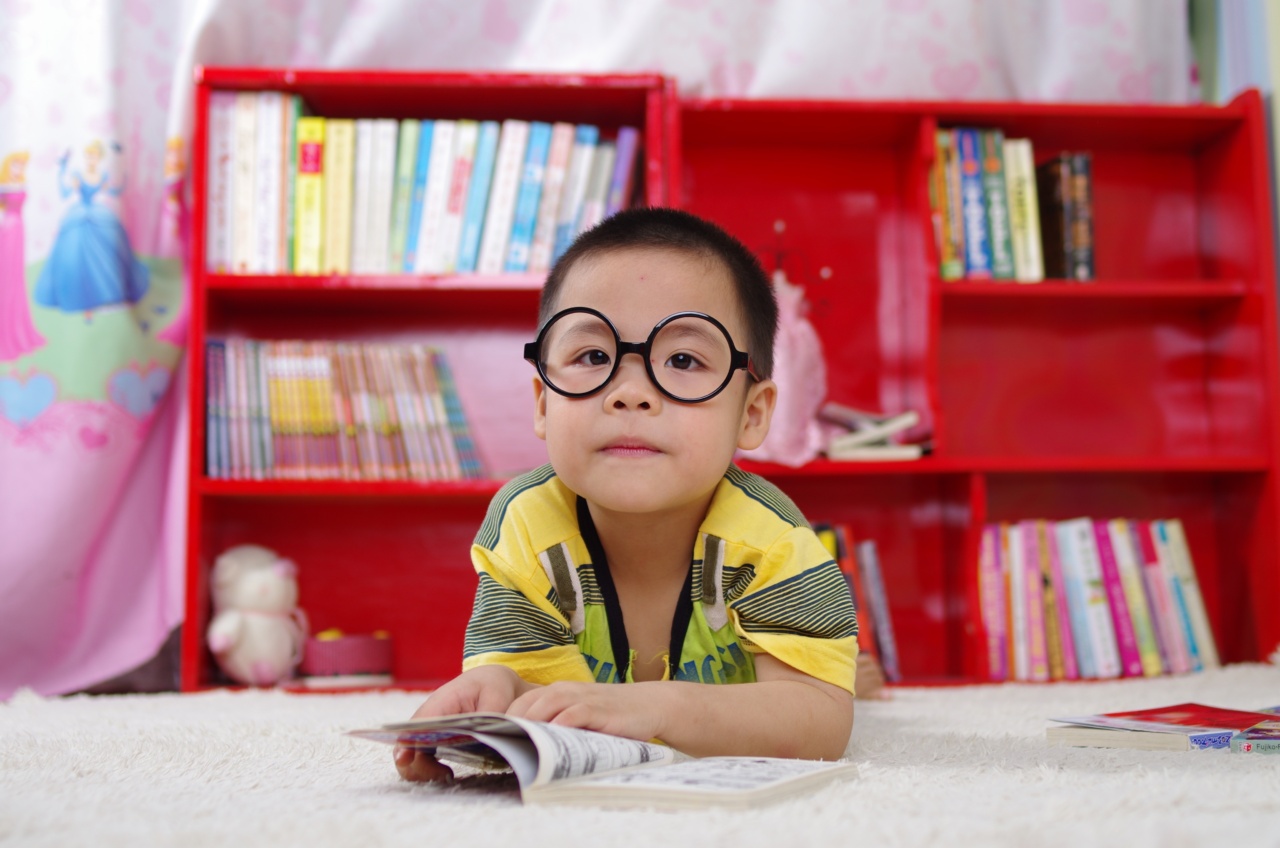Traullary, a term derived from trauma and nursery, refers to the impact of adverse childhood experiences on a child’s developing mind.
Traumatic events such as abuse, neglect, witnessing violence, or experiencing natural disasters can have long-lasting detrimental effects on a child’s cognitive, emotional, and social well-being. This article aims to explore the various ways in which trauma can affect a child’s mind and emphasizes the importance of early intervention and supportive environments in promoting resilience.
The Brain and Trauma
When a child experiences trauma, it can disrupt the normal development of the brain.
The stress response system, which includes the release of cortisol, is activated frequently and can lead to an overactive amygdala, the part of the brain responsible for processing emotions like fear and anxiety. This heightened state of arousal can impair a child’s ability to regulate emotions, solve problems, and focus on tasks.
Cognitive Development
Trauma can significantly impact a child’s cognitive development. High levels of stress hormones can interfere with the formation of brain connections, leading to difficulties in attention, memory, and learning.
The prefrontal cortex, responsible for executive functions such as impulse control and decision-making, may also be affected, resulting in challenges with self-regulation and adaptability.
Emotional Well-being
The emotional well-being of a child who has experienced trauma is often compromised. They may struggle with intense and unpredictable emotions, exhibiting symptoms of anxiety, depression, or even post-traumatic stress disorder (PTSD).
Trauma can also hinder the development of healthy coping mechanisms, making the child prone to maladaptive behaviors such as aggression or withdrawal.
Social Skills and Relationships
Trauma can have a profound impact on a child’s social skills and ability to form healthy relationships.
Children who have experienced trauma may exhibit difficulties in understanding and responding to social cues, which can lead to feelings of isolation and rejection. Trust issues and difficulties with attachment can also arise, affecting the child’s ability to form secure bonds with caregivers or peers.
Behavioral Challenges
Children who have experienced trauma may engage in a range of challenging behaviors as a means of coping with their distress. These behaviors can manifest as aggression, defiance, self-harm, or substance abuse.
It is crucial to understand that these behaviors are often symptomatic of the trauma they have endured rather than indicative of inherent character flaws.
Resilience and Recovery
While trauma can have significant negative impacts on a child’s mind, it is important to recognize that with appropriate support and intervention, children can develop resilience and recover from their traumatic experiences.
Building a safe and nurturing environment, providing consistent and dependable caregiving, and access to mental health professionals are essential components of a child’s recovery.
Early Intervention
Early intervention is key to mitigating the long-term effects of trauma on a child’s mind. Identifying and addressing trauma in its early stages can minimize the potential for harmful consequences.
Interventions may include trauma-focused therapy, play therapy, and activities that promote emotional expression and regulation.
Educational Support
Education plays a vital role in supporting children who have experienced trauma. Educators should be trained to recognize trauma-related behavioral and emotional challenges, providing appropriate accommodations and interventions.
Creating a supportive and inclusive learning environment can foster a sense of safety and belonging, promoting the child’s overall well-being.
The Role of Caregivers
Caregivers, whether parents, guardians, or professionals, play a critical role in helping children recover from trauma. Providing unconditional love, support, and stability can help rebuild trust and foster resilience.
Caregivers should educate themselves about trauma and seek professional guidance to ensure they can meet the child’s specific needs.
Conclusion
Traullary, the impact of trauma on a child’s mind, can have far-reaching consequences on their cognitive, emotional, and social development.
Understanding the effects of trauma is essential in providing appropriate support and interventions to help these children recover and thrive. By creating safe and nurturing environments, offering early intervention, and involving caregivers, we can promote healing and resilience in children who have experienced trauma.






























